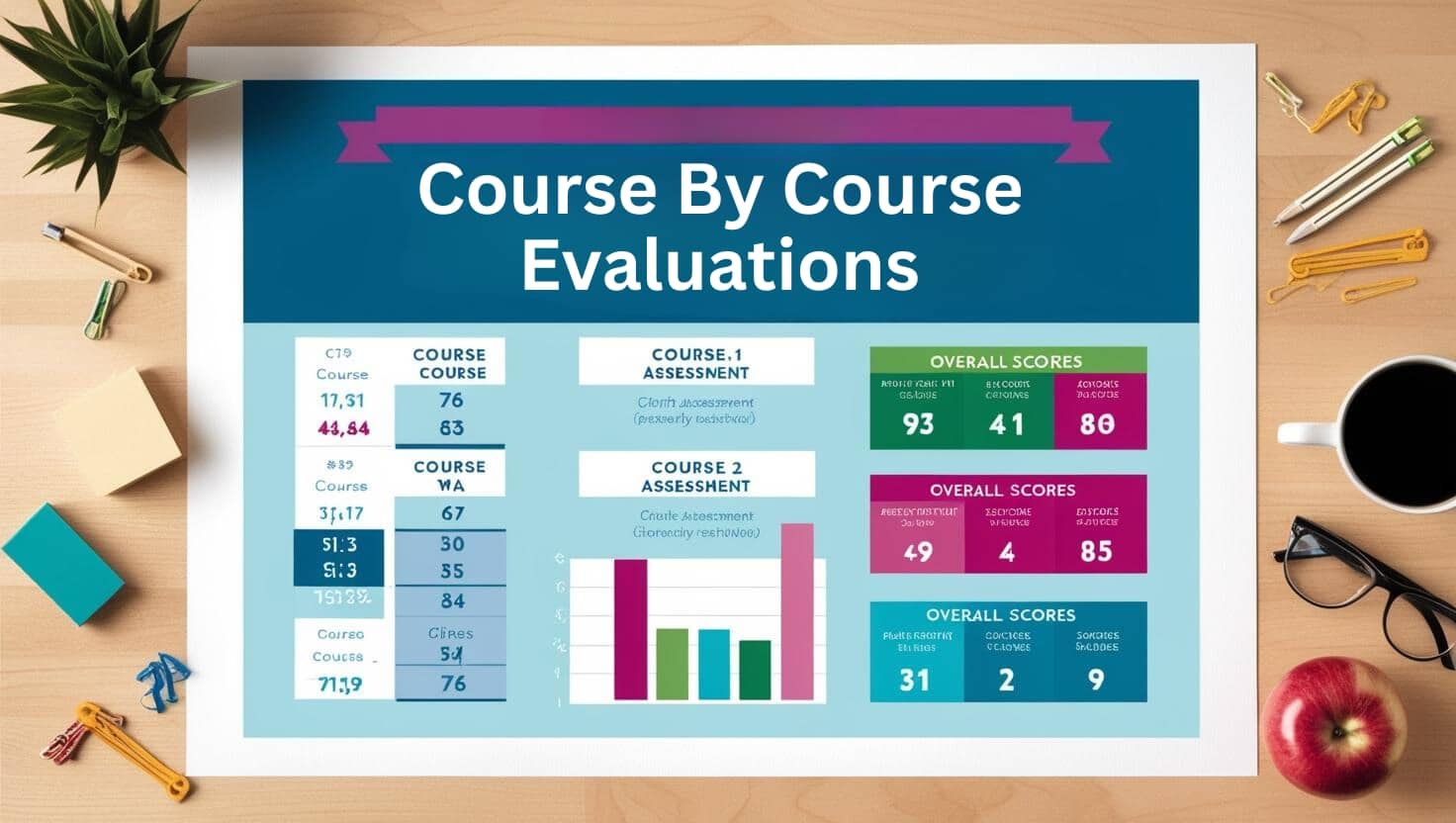Introduction
In a progressively globalized world, the requirement to examine work experience accurately has actually never ever been more important. Individuals looking to advance their professions or relocate frequently discover themselves browsing a maze of scholastic and professional qualifications from different countries. For companies and universities alike, comprehending these credentials is essential in making sure that they choose the ideal candidates.
This post dives deep into Unlocking Possible: Comprehensive Work Experience Assessment Techniques, exploring numerous approaches, including academic credential evaluation, international credential examination services, course-by-course credential evaluation, and the importance of the expert viewpoint letter in making informed decisions about possible employees or students.
Unlocking Prospective: Comprehensive Work Experience Examination Techniques
Evaluating work experience serves as a bridge between individual prospective and chance. Yet, how do we open this possible effectively? The response lies in a multi-faceted technique that integrates various examination techniques tailored to private needs and contexts.
Understanding Work Experience Evaluation
Work experience evaluation evaluates an individual's expert background, abilities, and competencies relative to task requirements or educational requirements. This procedure can substantially differ based on area, industry, and particular roles.
The Importance of Precise Evaluation
Why is precise work experience evaluation crucial? Mistakes can result in bad hiring choices, mismatched educational placements, or unfinished career aspirations. It's essential for employers and organizations to guarantee they utilize exact methods when examining qualifications.
Key Elements in Examining Work Experience
Professional Background Check
An extensive evaluation of previous employment history is crucial. This includes validating job titles, durations of employment, responsibilities held, and achievements.
Skills Assessment
Understanding the abilities obtained during previous functions helps gauge viability for future positions.
Industry Relevance
Evaluating whether previous experiences line up with present market standards is essential for a meaningful assessment.

Academic Credential Evaluation
This includes examining any formal education received along with professional experience.
Types of Credential Evaluations
International Credential Examination Services
When prospects have certifications from foreign institutions, international credential evaluation services enter into play.
What Are International Credential Examination Services?
These services assess foreign educational qualifications versus local standards. They provide insights into how https://rylanhgbl784.wpsuo.com/elevate-your-profession-with-comprehensive-international-credential-assessment-solutions degrees translate within the domestic education system or labor market.
Why Use These Services?
- To understand equivalency in regards to education level To help with smoother immigration processes To boost employability by verifying foreign qualifications
Course-by-Course Credential Evaluation
What Is Course-by-Course Credential Evaluation?
This type evaluates each course taken throughout a prospect's education journey instead of just offering a general degree equivalency.
Benefits
- Detailed insights into particular courses undertaken Enables institutions to make educated decisions regarding credit transfers Supports applicants looking for more education by highlighting strengths and weak points
Crafting Reliable Expert Viewpoint Letters
A specialist opinion letter functions as an essential document in numerous assessment procedures.
What Is a Professional Viewpoint Letter?
This letter is composed by professionals who have competence in assessing instructional credentials or work experience relative to industry standards.

Why Are They Important?
Expert opinion letters serve numerous functions:
- Provide authoritative evaluations Validate claims made by candidates about their experiences Enhance credibility during application processes
Steps for Performing a Thorough Work Experience Evaluation
Gather Documentation
Gather all relevant files including CVs, referral letters, and efficiency reviews.
Conduct Interviews
Direct conversations supply much deeper insights into prospects' experiences and soft skills.
Use Standardized Tools
Utilize structures or tools created for evaluating abilities and experiences systematically.
Comparison Against Standards
Align findings with market benchmarks to determine significance and value.
Compile Findings into Reports
Present results plainly for stakeholders' evaluation-- openness is key!
Challenges in Work Experience Evaluation
Recognizing Pitfalls
Despite best shots, obstacles abound in evaluating work experience accurately:
Cultural Differences Variability in Job Titles Lack of Standardization Across RegionsHow to Get rid of These Challenges?
- Train critics on cultural competency. Utilize databases that clarify job title equivalencies throughout industries.
FAQs
1. What does scholastic credential examination entail?
Academic credential examination generally includes assessing degrees obtained from various institutions worldwide to determine their equivalency in another nation's education system.
2. Why are global credential assessment services necessary?
They help validate foreign certifications so that individuals can get work or admission into curricula without confusion over their qualifications' legitimacy.
3. What identifies course-by-course credential assessment from regular evaluations?
Course-by-course examinations examine each private course taken during one's education instead of merely examining the degree as a whole.
4. How does an expert viewpoint letter support my application?
An expert viewpoint letter offers authoritative backing for your claims regarding your qualifications or experiences and can considerably reinforce your application's strength.
5. What prevail obstacles faced during work experience evaluations?
Common challenges consist of cultural differences impacting analyses of roles/skills, irregularity in task titles across areas, and lack of standardization resulting in confusion over equivalencies.
6. How can I get ready for a work experience evaluation?
Gather detailed paperwork like your CV/resume, references from previous companies, performance reviews if offered, and be prepared to discuss your experiences openly throughout interviews.
Conclusion
As we have actually checked out throughout this post on " Unlocking Potential: Comprehensive Work Experience Evaluation Techniques," it's clear that efficient evaluations depend upon nuanced understanding and precise execution of a number of approaches-- ranging from scholastic credential examinations to skilled viewpoint letters that lend credence to personal narratives.
Employers should welcome these comprehensive strategies not just as bureaucratic needs but as opportunities to empower people through fair evaluations-- ultimately unlocking the large potentials hidden within diverse backgrounds worldwide! By investing time in refining these techniques today, organizations can construct stronger groups tomorrow while individuals can navigate their profession courses with clarity and confidence.